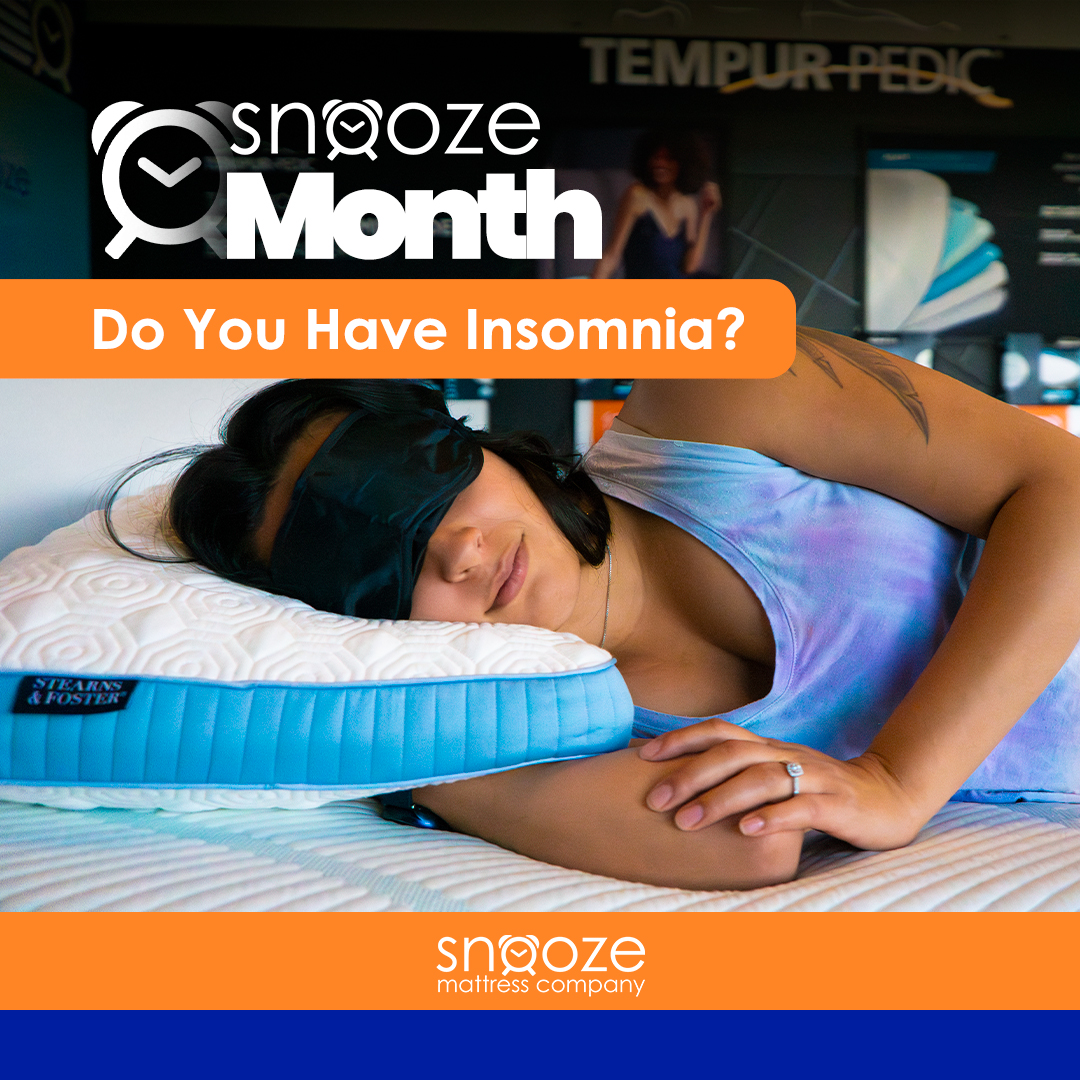Recognizing the Signs: How to Identify Insomnia

In a world filled with constant demands and pressures, getting a good night's sleep is crucial for overall well-being, mental and physical health. Unfortunately, many individuals find themselves grappling with a common sleep disorder known as insomnia. While occasional sleepless nights are normal, persistent difficulty falling or staying asleep may indicate a more serious issue. We explore the signs and symptoms of insomnia to help you identify whether you might be dealing with this sleep disorder.
1. Difficulty Falling Asleep:
One of the hallmark signs of insomnia is finding it challenging to initiate sleep. If you constantly lie in bed for an extended period, tossing and turning without drifting into slumber, this could be a red flag. Individuals with insomnia often experience racing thoughts or an inability to relax, hindering their ability to fall asleep.
2. Frequent Nighttime Waking:
Waking up multiple times during the night and struggling to return to sleep is another indicator of insomnia. While occasional awakenings are normal, persistent disruptions to your sleep cycle can contribute to a cycle of fatigue, irritability, and heightened stress levels.
3. Early Morning Awakening:
If you consistently find yourself waking up earlier than desired and are unable to resume sleep, it may be a symptom of insomnia. Early morning awakenings can lead to feelings of exhaustion and impact your ability to function optimally during the day.
4. Daytime Fatigue and Irritability:
Insomnia doesn't only affect your nights; it can also cast a shadow over your daytime activities. If you regularly feel fatigued, irritable, or have difficulty concentrating during the day, it may be a consequence of insufficient or disrupted sleep at night.
5. Impaired Performance and Concentration:
Persistent sleep disturbances can impair cognitive function, affecting your ability to concentrate, make decisions, and perform daily tasks efficiently. If you notice a decline in your overall performance at work or in your personal life, insomnia could be a contributing factor.
6. Physical Symptoms:
Insomnia can manifest physically, too. Individuals with this sleep disorder may experience headaches, muscle tension, or gastrointestinal issues. These physical symptoms can compound the overall impact of insomnia on your well-being.
7. Emotional Distress:
Insomnia often intertwines with emotional distress, including heightened anxiety and depression. The stress of sleepless nights can exacerbate existing mental health conditions or contribute to the development of new ones.
Recognizing the signs of insomnia is the first step toward addressing this sleep disorder and seeking appropriate help. If you identify with several of the symptoms mentioned in this blog, it's essential to consult with a healthcare professional. They can help identify potential underlying causes, provide guidance on lifestyle changes, and suggest therapeutic interventions to improve your sleep quality and overall well-being. Remember, a good night's sleep is fundamental to a healthy and fulfilling life.

 Find your store
Find your store
